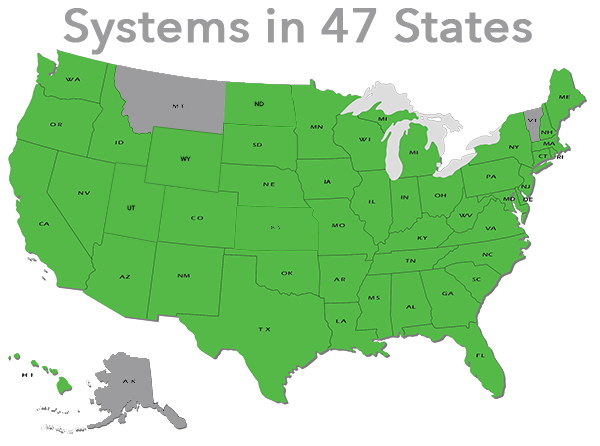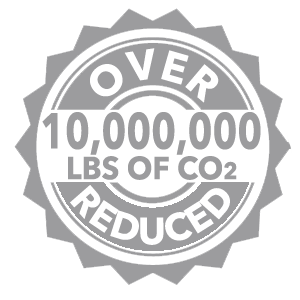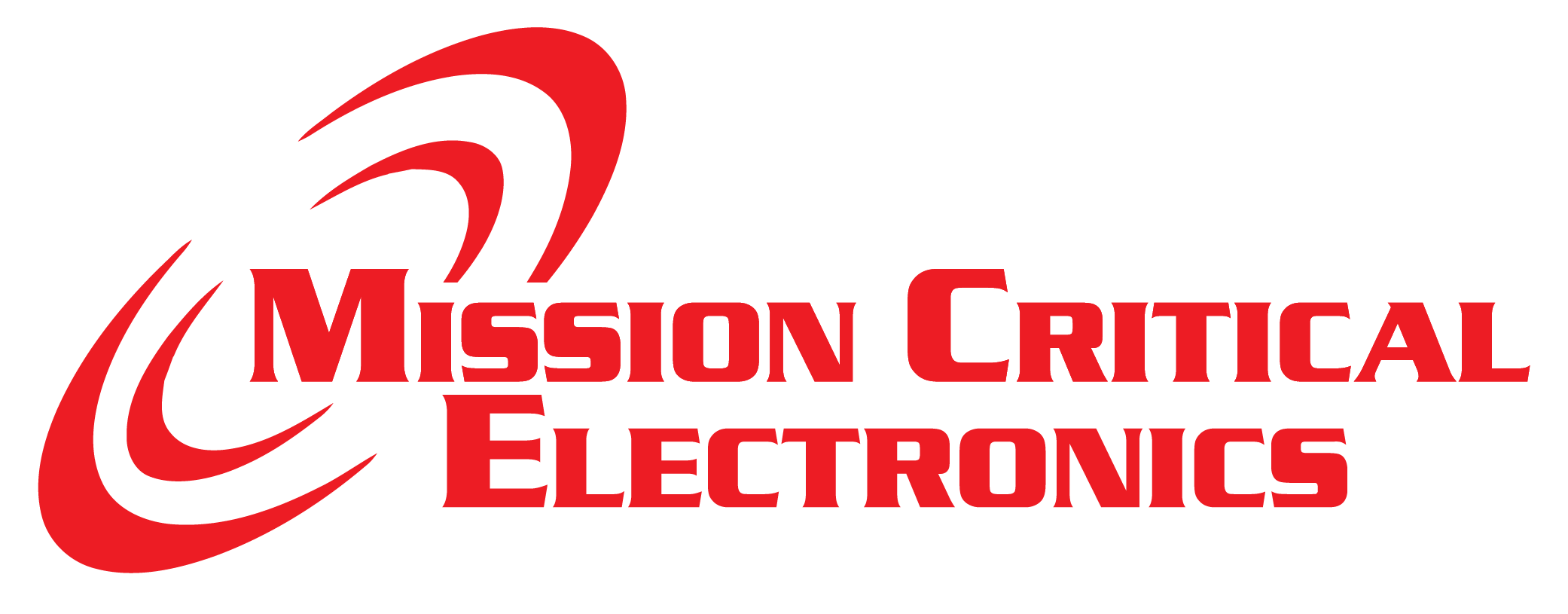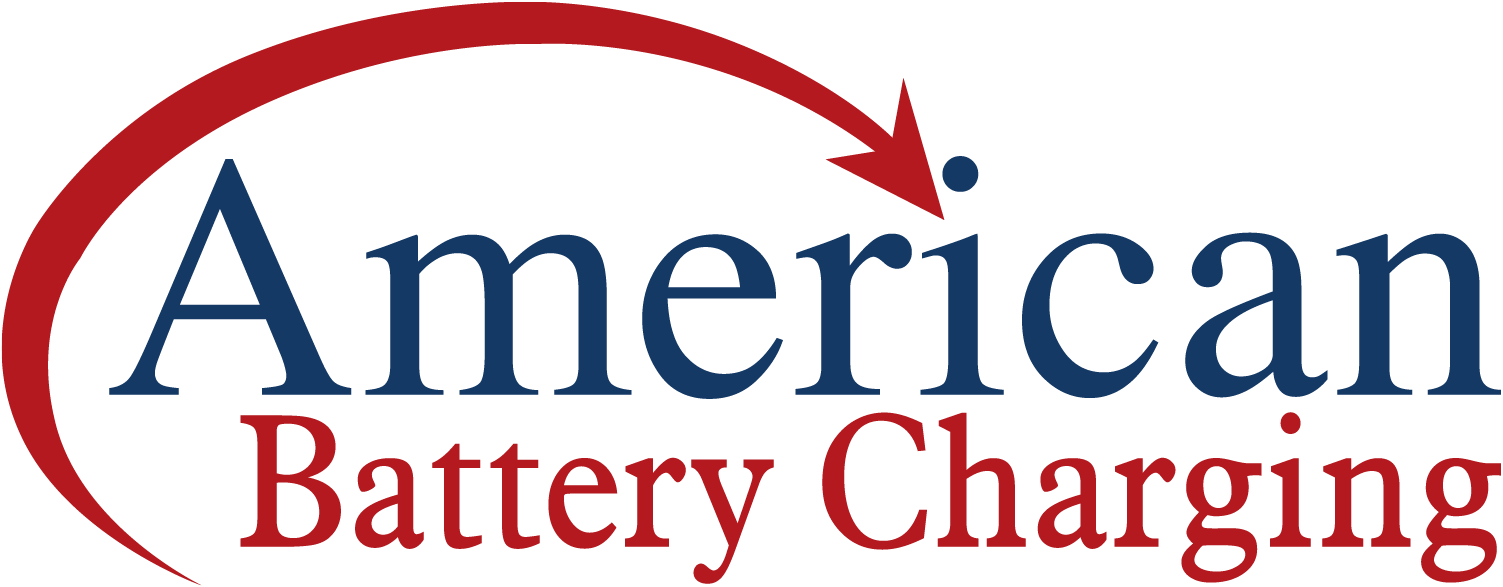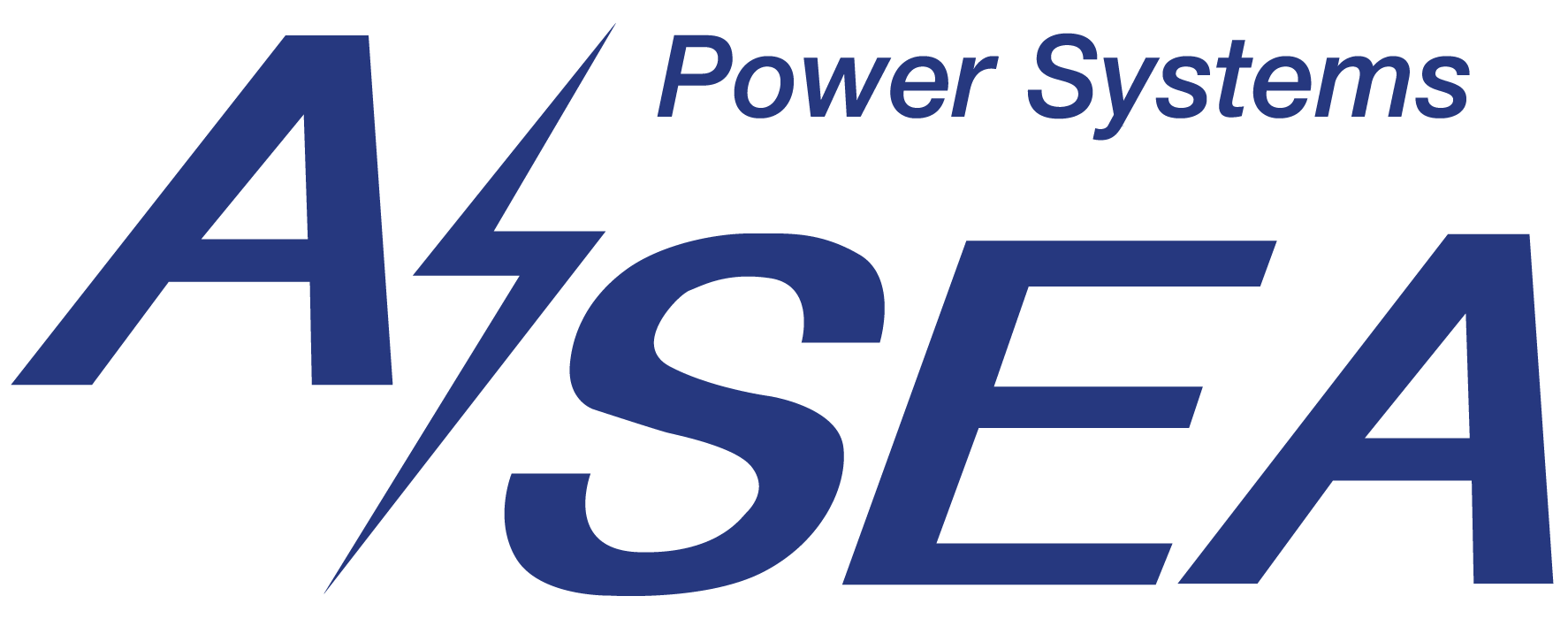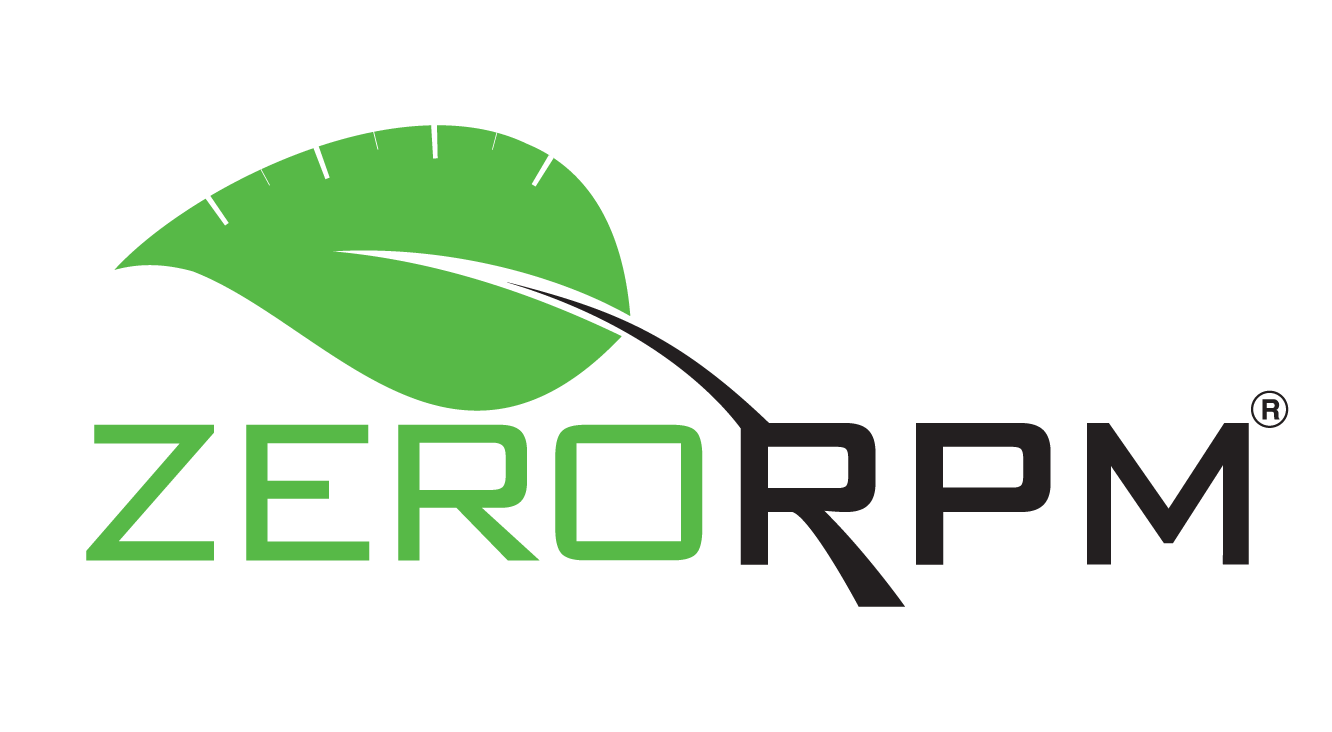Energy Department Recognizes Cleveland Partners for Leadership in Saving Energy
CLEVELAND, Ohio - As part of the Administration’s effort to cut energy waste in the nation’s buildings, the Energy Department is recognizing its Cleveland area partners for their leadership in saving energy and reducing greenhouse gas emissions today. Through the Better Buildings Challenge, Cleveland area partners including the city of Cleveland, the Cleveland Clinic Foundation, the Cuyahoga Housing Authority and Forest City Enterprises have committed to reducing their energy use by 20 percent across their entire building portfolios over the next decade. By making energy efficiency upgrades to facilities across the city and demonstrating practices that can be replicated in the future, these partners are helping to save money and energy, while also making the city more sustainable for future generations.
“Better Buildings Challenge partners in Cleveland are demonstrating that reducing a building’s energy waste and greenhouse gas emissions offer tangible benefits to help save money by saving energy and protect the environment,” said Dr. David Danielson, Assistant Secretary for Energy Efficiency and Renewable Energy. “These partners are also leading efforts to increase greater energy efficiency that can be replicated across the U.S. to create more sustainable communities.”
To date, Cleveland has achieved 5 percent energy savings across 4.5 million square feet of building space and is on pace to meet a city-wide goal of 20 percent energy savings by 2020. With support from the Mayor’s Office of Sustainability, the city is executing its Sustainable Cleveland Municipal Action Plan by engaging municipal employees and demonstrating lead-by-example strategies for the broader community.
Today, the Energy Department and city officials will tour the City of Cleveland’s Better Buildings Challenge showcase project, Fire Station #1, to observe key energy upgrades that have resulted in 12 percent energy savings. As the headquarters for the city’s Fire Division and the first fire station to undergo energy upgrades, Fire Station #1 serves as a model for future energy retrofit projects at fire stations across the city.
“Fire station #1 is an excellent example of what we are attempting to accomplish citywide,” said City of Cleveland Chief of Sustainability Jenita McGowan. “As a Better Building Challenge partner, we have seen an overall 5 percent energy reduction in municipal facilities since 2010. This achievement highlights our commitment to additional energy reduction improvements and the wise use of our resources.”
Department and city officials will also tour the Cleveland Clinic Foundation’s Better Buildings Challenge showcase project, the R Tomsich-Pathology & Laboratory Medicine Institute Building, which has achieved more than 40 percent energy savings as a result of LED lighting installation, daylighting building automation, and modular, flexible office spaces. Since 2010, Cleveland Clinic has reduced energy use by 9 percent across its entire building portfolio by installing LED lighting and incorporating efficiency design standards in operating and laboratory spaces.
Representatives from the Cuyahoga Metropolitan Housing Authority and Forest City Enterprises are also in attendance today. Cuyahoga Metropolitan Housing Authority, the seventh largest housing authority in the country, is working closely with the city to improve the energy efficiency of its multifamily housing buildings, performing $200 million dollars of construction projects within the city. Forest City Enterprises, a commercial real estate company headquartered in Cleveland, is making upgrades and implementing strategies to save energy in over 40 million square feet of offices in cities across the nation.
As a cornerstone of the President's Climate Action Plan, the Better Buildings Challenge is aimed at achieving the goal of doubling American energy productivity by 2030 while motivating corporate and public sector leaders across the country to save energy through commitments and investments. More than 200 organizations are partnering with the Energy Department to achieve 20 percent portfolio-wide energy savings and share successful strategies that maximize efficiency over the next decade. Across the country, Better Buildings Challenge partners are deploying energy efficiency projects at more than 9,000 facilities, with more than 2,100 buildings improving efficiency by least 20 percent, and another 4,500 by at least 10 percent, compared with their baseline years.
# # #




